nCounter® Immune Exhaustion Panel
Helping Your Research
Uncover the mechanisms behind T cell, B cell, and NK cell exhaustion in diverse contexts, including cancer and infectious disease, with a 785 gene panel that gets you results in less than 24 hours and is compatible with a broad range of sample types. Characterize immune status, develop signatures for assessing the exhausted state, and identify novel therapeutic targets to prevent or reverse exhaustion.

Panel Selection Tool
Find the gene expression panel for your research with Panel Pro
Find Your Panel
How It Works
- Directly profile 785 genes across 47 pathways involved in immune exhaustion:
- Immune Activation
- Immune Suppression
- Immune Status
- Immune Checkpoints
- Epigenetics
- Metabolism & Microenvironment
- Understand the mechanisms of exhaustion in T cells, B cells, NK cells, CAR-T cells and other adoptive immune cells
- Discover novel therapeutic targets for preventing or reversing immune exhaustion
- Determine the extent of a peripherally suppressed, adaptive immune response to cancer with the 18-gene Tumor Inflammation Signature (TIS)
- Quantify the presence and relative abundance of 14 different immune cell types
Chronic infections caused by viruses and other pathogens can induce immune exhaustion. The Human Immune Exhaustion Panel includes probes for Epstein-Barr virus (EBV) and Cytomegalovirus (CMV), and the Mouse Immune Exhaustion Panel includes probes for Lymphocytic Choriomeningitis (LCMV). The panel can be supplemented with up to 55 genes of your choice with a Panel Plus spike-in for studying exhaustion in the context of different types of infectious disease.
The 18-gene Tumor Inflammation Signature (TIS) is included in the panel gene list and measures activity known to be associated with PD-1/PD-L1 inhibitors. Customers have the option to purchase a standalone TIS report with the Immune Exhaustion Panel.
- Includes four axes of biology that characterize a peripherally suppressed, adaptive immune response, including:
- Antigen presenting cells
- T cell/NK cell presence
- IFNγ biology
- T cell exhaustion
- Tissue-of-origin agnostic (Pan-Cancer)
- Potential surrogate for PD-L1 and mutational load in a research setting

Publications
Assessing Longitudinal Treatment Efficacies and Alterations in Molecular Markers Associated with Glutamatergic Signaling and Immune Checkpoint Inhibitors in a Spontaneous Melanoma Mouse Model
Previous work done by our laboratory described the use of an immunocompetent spontaneous melanoma-prone mouse model, TGS (TG-3/SKH-1), to evaluate treatment outcomes using inhibitors of glutamatergic signaling and immune checkpoint for 18 weeks. We showed a significant therapeutic efficacy with a notable sex-biased response in male mice.
Spatial transcriptomics reveals discrete tumour microenvironments and autocrine loops within ovarian cancer subclones
High-grade serous ovarian carcinoma (HGSOC) is genetically unstable and characterised by the presence of subclones with distinct genotypes. Intratumoural heterogeneity is linked to recurrence, chemotherapy resistance, and poor prognosis.
Spatially Segregated Macrophage Populations Predict Distinct Outcomes In Colon Cancer
Tumor-associated macrophages are transcriptionally heterogeneous, but the spatial distribution and cell interactions that shape macrophage tissue roles remain poorly characterized. Here, we spatially resolve five distinct human macrophage populations in normal and malignant human breast and colon tissue and reveal their cellular associations.

Product Information
The nCounter Immune Exhaustion Panel enables researchers to explore the mechanisms behind T cell, B cell, and NK cell exhaustion in diverse contexts, including cancer and infectious disease.
The Immune Exhaustion Panel provides comprehensive coverage of the most relevant immune checkpoints that can potentially be used to modulate the dynamics of the immune response.

Request a Quote
Contact our helpful experts and we’ll be in touch soon.

